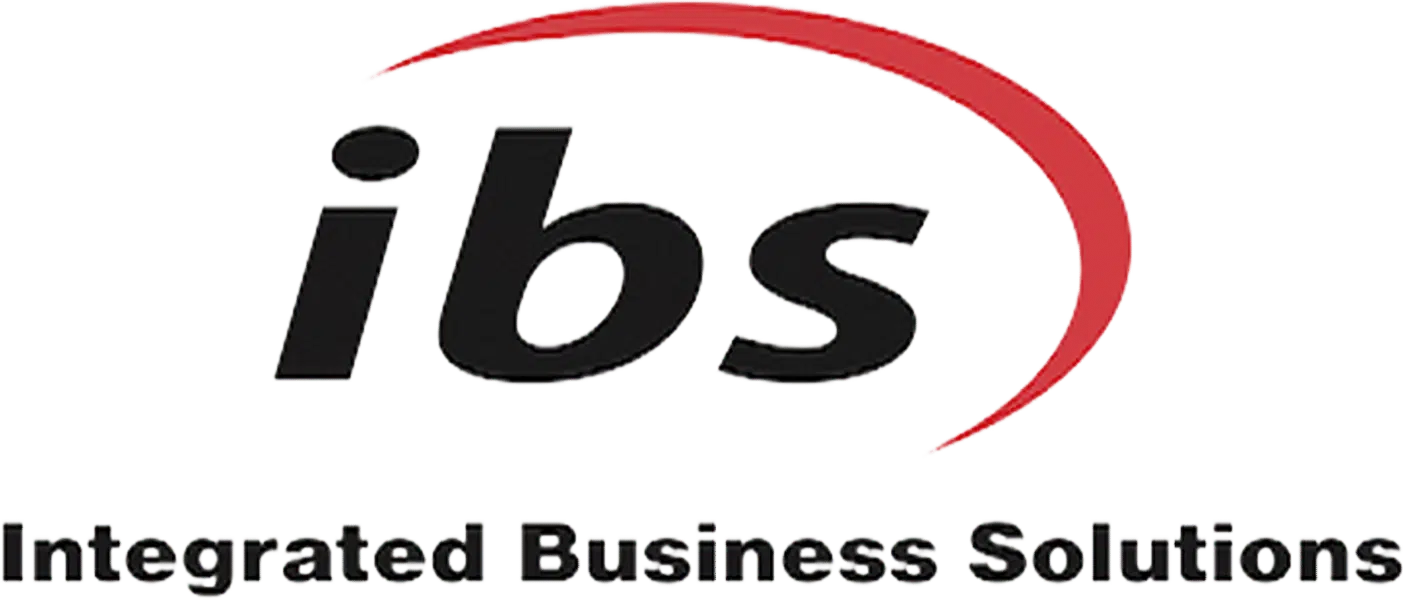3 Workplace Privacy Pods You’ll Want to Use
- Read original article here

Open office design is unparalleled for space flexibility and increased collaboration, but the lack of acoustical and visual privacy can lead to complaints and poor productivity. Privacy pods – freestanding, modular office furniture that can be added during a renovation or planned for in a new construction project – create much-needed quiet spaces where building occupants can retreat.
Phone booths are a classic (and still beloved) example, but privacy pods now come in many forms to overcome all sorts of design quandaries. These three examples are flexible enough to complement any project.
Phone booth-style privacy pods aren’t just for phone calls anymore. Manufacturers are constantly innovating these office workhorses to support other heads-down tasks, from one-on-one meetings to videoconferencing. One such phone booth, TalkBox, includes a series of thoughtful features for comfort and versatility, like a large desk, power hookups, a cabinet, a sliding door, an integrated whiteboard and optional monitors.
“When designers are looking at how to create space, one of the things people began to do was built-ins – essentially closets – that were serving as sort of proxies for phone booths or private spaces,” explains John Ruder, president of TalkBox. “That’s been hit or miss. Often, designers aren’t deeply thinking about what a private space looks like, how it should feel and what you want out of a good private space.”
Modified office cubicles built into the structure may work for a while, Ruder adds, but they’re inflexible. A company whose headcount has recently increased may need more phone booths, but find itself unable to spare funding for a renovation to create more built-in space. Modular office furniture, like portable privacy pods that simply plug into the wall, are much easier to add whenever and wherever they’re needed.
“Look at how many square feet you have allocated per employee,” Ruder advises. “The lower that number, the greater your need probably is for additional privacy solutions.”
Ruder also recommends specifying pods that account for both acoustical and visual privacy. People who are inside shouldn’t feel like they’re on display, and a supervisor should be able to have a sensitive conversation with an employee without the entire office being able to read their facial expressions or body language.
The lack of privacy in open offices is especially distressing for moms who need to breastfeed or pump milk. The Fair Labor Standards Act requires a private space for lactation that’s not a bathroom, but in many offices, that often takes the form of screens or tall office cubicles.
“Working breastfeeding moms need a sanitary, private space that is close to where they work, available when they need it, and one that supports an optimal letdown experience,” explains Sascha Mayer, cofounder and CEO of Mamava. The company developed turnkey lactation spaces that provide a clean, private place to pump or nurse. The privacy pods are freestanding and have built-in casters, so clients can move them if needed.
Mamava pods include two benches made of food-grade material for easy cleanup, occupancy-activated lighting, ceiling vents and an exhaust fan. They also feature a fold-down bench that can hold a pump, as well as two outlets, a USB port and a mirror. The Bluetooth-enabled smart lock is unlocked with a free app so that no one can co-opt the privacy pod for another use.
The ability to escape the noise of the open office layout and relax for a few minutes can be hugely beneficial for employees. Clients who care about building occupants’ wellbeing may be receptive to installing office pods for meditation.
OpenSeed, a meditation pod that syncs sound, aroma, lighting and science-based meditation practices with a built-in touchscreen, is intended for stressful and high-traffic spaces. Up to three people can use it at the same time for team-building activities, prayer or even a quick mid-day nap. A mobile app automates booking, so users won’t be interrupted mid-meditation the way they would be if they were using a conference room or other communal space.
“It’s a cultural statement as part of a company’s wellness program to invest in something that offers an experience, not just a space,” explains Jonathan Marcoschamer, founder and CEO of OpenSeed. “You can convert a room or clean out a closet, put in some pillows and say it’s a quiet room, but that doesn’t really do anything.”
The seed-shaped meditation pods incorporate sustainably harvested wood and wool felt to evoke a sense of calm and a connection to nature. The felt also serves as an acoustical buffer, and a choice of a self-contained sound system or noise-cancelling headphones further envelops each user and allows them to focus solely on the experience. “This is an isolated environment,” adds Marcoschamer. “You’re uninterrupted by visual distractions and have the potential to quiet the mind.”
Privacy is a crucial consideration in any workplace. These three office pods are an example of what you can accomplish with portable privacy enclosures.
Phone booth for one to two people.
Seed-shaped meditation pod for up to three people.
The Future is Now: USB-powered Umbrellas Make Their Debut [HD Expo] The Easiest Office Redesign Ever [Office]
Images Powered by 

